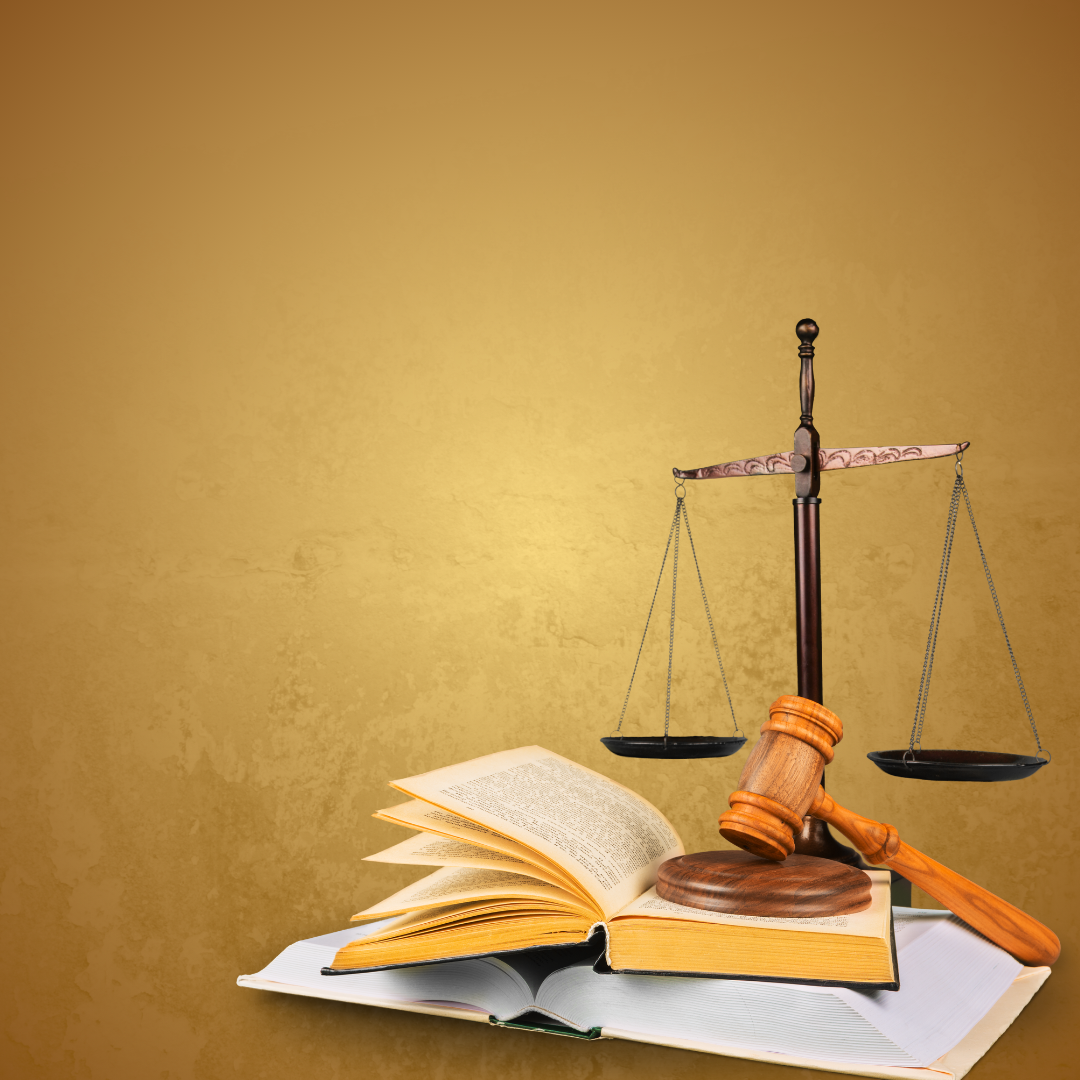Child custody in Singapore refers to your legal entitlement to make major life decisions for your child. These choices could have to do with picking their school, taking care of their medical needs, and deciding on their religious upbringing. Essentially, it comes down to who has the power to decide these important choices that will affect your child’s future.
Making your way through child custody may be very difficult, particularly when you’re going through a divorce. Gaining a little understanding can have a profound impact.
Child custody must be distinguished from care and control and access. While care and control pertain to ordinary parental responsibilities such as school runs and nighttime routines, custody entails making important decisions. The amount of time the non-custodial parent spends with the child to make sure they continue to be an essential part of their lives is referred to as access.
Applicable Statutes and Laws
It can be difficult to understand Singapore’s child custody regulations, but it becomes simpler when you break them down.
The Women’s Charter, the Administration of Muslim Law Act, and the Guardianship of Infants Act are the three main pieces of legislation. Together, these laws put the best interests of the kid first.
Anybody under the age of 21 is considered a “child” under the Women’s Charter. This lays out the context for who is covered by these statutes.
The Guardianship of Infants Act serves as the cornerstone of child custody law, guaranteeing that the best interests of the child come first in all decision-making. Muslim families are guided by the Administration of Muslim Law Act, which respects their religious customs and beliefs.
Custody Order Types
There are various forms of child custody orders in Singapore, each suited to a particular family’s needs.
1. Sole Custody Order: Under this arrangement, one parent has complete control over all major decisions pertaining to the kid. It is usually awarded in cases when there has been abuse, one parent gives up custody, or there is a communication breakdown between the parents.
2. Joint custody order: Major decision-making authority is shared by both parents. This arrangement encourages collaboration and maintains parental involvement in the child’s life. The idea that both parents should be involved in raising their child is reflected in this arrangement, which is the most popular.
3. Split Custody Order: This unusual arrangement divides parental custody of siblings. In order to preserve the emotional tie between siblings, courts typically favor keeping them together.
Ascertaining custody
The best interests of the kid are the primary consideration for Singaporean courts when making child custody decisions. This entails taking a number of things into account.
The primary caregiver history, the present living situation, and the parental and child’s wishes are all taken into consideration by the courts. They also take into account the age of the child, the parents’ financial situation, and the strength of the family support network.
The court may occasionally ask for a social welfare report. This report, which was created by Ministry of Culture, Community, and Youth personnel, provides the court with educated decision-making by providing insights into the family dynamics. It is only used for the judge’s reference and is kept private.
Handling and Regulation
Care and control pertain to the daily living arrangements of the child. This parent does everything on a daily basis, including meal preparation and homework assistance.
Reasonable access to spend time with the child is typically granted to the parent who does not get care and control. This guarantees that the child will continue to have contact with both parents. Occasionally, a penal notice that outlines the repercussions for breaking the provisions of the care and control order is appended.
Dads and Jurisdiction
Fathers are included in the attention and control that mothers typically receive in Singapore. Fathers can still obtain custody, particularly in cases when the mother gives permission, the child indicates a clear desire to live with the father, or the mother engages in abusive or neglectful behavior.
Fathers have the option to request shared control and care, which would provide both parents equal time to spend with the child. When both parents have comparable parenting philosophies and reside close enough to one another to prevent upsetting the child’s routine, this arrangement functions well.
Access Types
The time a non-custodial parent spends with their child is known as access. There are two orders of access:
1. Unmonitored Access: It is customary for the parent to spend time with the child unsupervised, which fosters a solid bond.
2. Supervised Access: When it’s necessary to safeguard the child or evaluate the parent-child bond, this less typical arrangement is employed.
How Courts Make Access Decisions
Courts may order an access review report where parents are unable to reach a consensus about access. This report guarantees that the child benefits from the access arrangement and aids in dispute resolution.
The wants and wishes of the kid, the non-custodial parent’s prior interactions with the child, and the history of the relationship as a whole are all taken into account by the courts. Prioritizing the welfare of the child is the main objective.
Ensuring Accessibility
The best practice is to agree on access schedules. It expedites the divorce procedure and lessens the emotional strain on all parties. Weekdays, weekends, public holidays, and school breaks are all possible times for access.
Access Denied
It is imperative that you get expert legal assistance if you are facing denial of access. Even if the laws might not apply in every circumstance, a lawyer can help you navigate the system and make sure your rights are upheld.
Gaining an understanding of these areas of child custody in Singapore can help you make decisions that are best for your child during the process. It is always a good idea to speak with a legal expert for individualized guidance and assistance.




